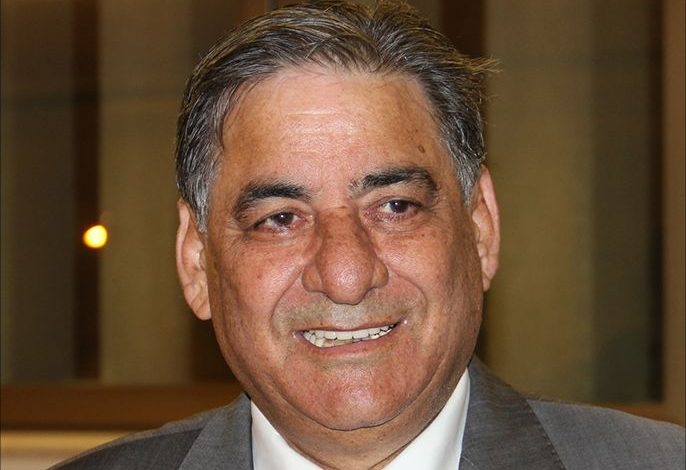
Nabil Amro
As the momentum of the war on two fronts shifts from Gaza to Lebanon, the world is keeping a close eye on development on the Iranian front.
The question asked most frequently in this regard: how will Israel retaliate to Iran’s recent missile barrage, to which the painful Binyamina incident has been added?
In this context, talk of striking Iranian nuclear facilities has taken center stage, along with discussions about targeting Iran’s oil facilities. Indeed, some are speculating that the goal could approach toppling the Iranian regime!
It is election season in the US, so everything is up for grabs. There is a contrast between the rhetoric of Democrats and Republicans, which has led to an understanding between Israel and the Biden administration regarding the targets of the strike. Nuclear and energy facilities have been put off the table.
When it comes to Iran, the issue is not merely breaking its links to proxies, the most significant of which is Hezbollah. The goal is to tame this major regional actor by developing a sensible policy that does not threaten to undermine the stability of the region and the world. Although Europe’s role is secondary to that of the US, President Macron has offered to work with Iran to deescalate regional flare-ups. His proposal entails an ambitious vision to make Iran a mediator in the global effort to put out the flames in the region rather than a party in its conflicts.
The proposed Israeli strike on its nuclear facilities has been excluded, a point in favor of Iran that it should seek to safeguard. Netanyahu’s efforts to drag the US into this and push in this direction with him have failed. The same is true for his desire to neutralize Iran’s oil facilities. Iran is aware of the decisive role the US has played in shaping these two critical decisions.
The question is: do domestic political conditions in Iran allow for paying the bill demanded for this by the US? Is Iran ready for a radical strategic shift? This shift would demand scaling back its support for proxies, establishing normal relations with the countries of the region, and doing everything necessary to end the suffocating sanctions that it continues to suffer from and that have left its economy on the edge of collapse.
We have seen some positive signs that point in this direction from the new “moderate” Iranian administration. While there is no consensus on its position domestically, it is under immense pressure. The blockade has been suffocating Iran, as have the costs of propping up its proxies. Thus, there is reason to believe that it will press forward in its effort to moderate Iran’s policies.
We must keep an eye on two things during this critical period for the region, especially Iran. One is a fixed question, the Israel factor. It will not stop trying to drag America into its ongoing war on Iran. The other is the domestic obstacles posed by Iranian hardliners opposed to moderation. Indeed, the shifts that are sought entail dismantling domestic and regional bodies established to realize imperial dreams that had been policy priorities in Iran.
The American-Israeli understanding regarding the Iranian front will be tested. We will see how serious and effective these efforts have been, and the extent to which Israel adheres to its commitments, after the strike.
After the strike, which Israel insists is inevitable, the picture will become clearer, and we will have a better idea of how far the preemptive taming of Iran will go.



